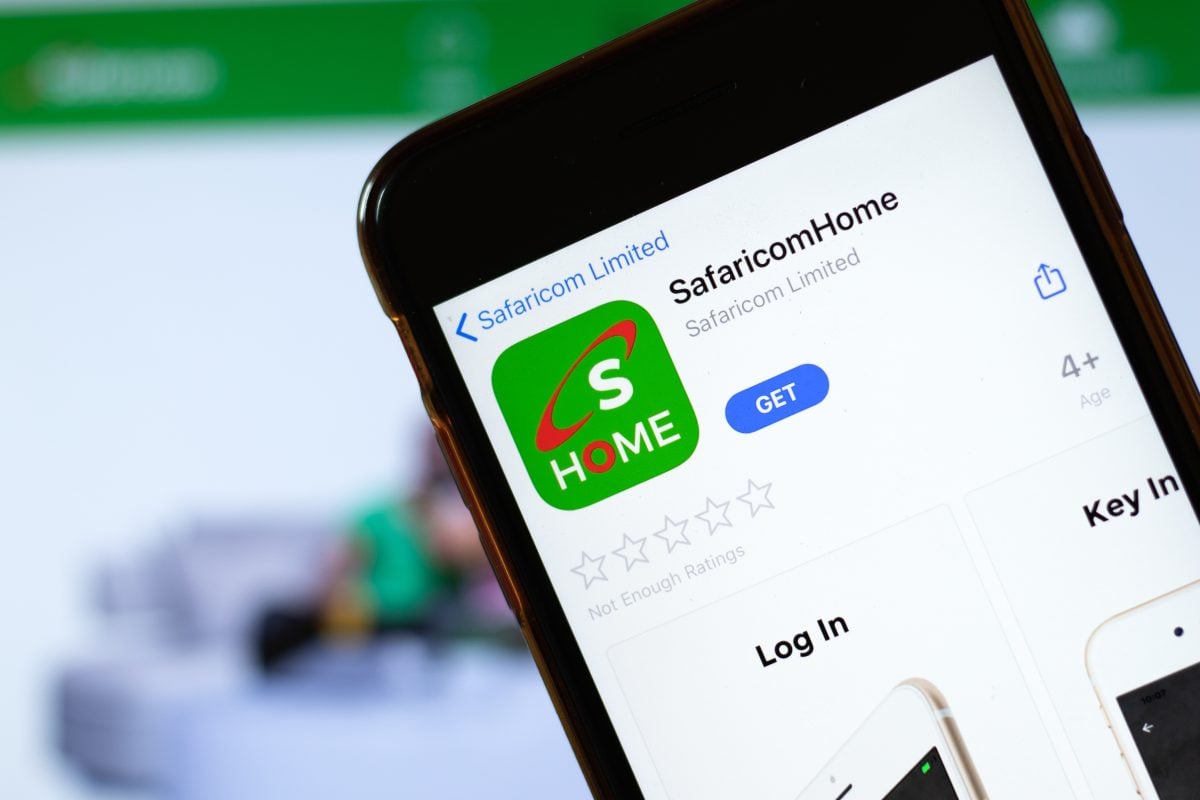Safaricom’s half year profits slumped 6% in a sign that Africa’s telecoms sector may not be immune from the commercial upheavals of Covid-19.
After-tax profits at the Kenyan telecoms giant fell to Ksh33.07bn ($303.7m) in the six months to September from Ksh35.2bn the year before as flagship mobile money service M-PESA and voice revenues declined, even as mobile data usage increased.
The scrapping of charges for M-PESA transactions under Ksh1000 in a bid to reduce physical transactions amid the pandemic led M-PESA revenue to decline 14.5% year-on-year. The firm said it had enabled “zero-rated” M-PESA transactions worth KSh1.76trn during the pandemic.
Voice declined 6.5% year-on-year as the growth in customers and usage prompted by Covid-19 was offset by customers paying lower rates per minute. Total revenues declined by 4.1% to Ksh124.5bn, while interest before taxes, depreciation and amortisation fell 7.3% to Ksh63.4bn.
While Covid-19 has accelerated the continent’s telecoms revolution by boosting customer registration and data usage, Safaricom’s performance indicates that some of the firm’s consistently bankable services are vulnerable amid the pandemic. Outgoing voice calls account for 33.9% of Safaricom service revenue while M-PESA accounts for 30.3%.
The results cap a challenging first few months for Safaricom chief executive Peter Ndegwa, who assumed the role in April shortly after the death of former long-time CEO Bob Collymore.
“There is no doubt that COVID-19 has dealt a huge blow to many people not just in Kenya, but across the globe. This has been a tough period for businesses and our customers and we committed ourselves to walk through this journey together. During this period, we took several initiatives to support our customers and the government to pull through this pandemic. This included but was not limited to zero rating M-PESA transactions below KShs 1,000, double bandwidth for our Fibre to Home/Business customers, setting up the 24/7 COVID-19 Information Centre in partnership with Kenya’s Ministry of Health amongst other activities,” Ndegwa said in a statement.
Nevertheless, the long-term trends boosting the African telecom sector remain evident. Safaricom mobile data usage grew 14.1% year-on-year, driven by customer growth, while 4G devices using more than 1GB in the network grew 60.6% year-on-year. One month active customers grew from 28.6m at the end of Q4 2020 to 30.3m at the end of Q2 2021. Fibre to the home (FTTF) revenue grew 47.2% year-on-year with distinct customers up 56.8% as working from home increased. GSMA forecasts that the number of smartphone connections in sub-Saharan Africa will almost double to 678m by the end of 2025, with mobile data consumption expected to grow more than fourfold. Ndegwa repeated his intention to diversify the firm’s revenues.
“Over the last 20 years, Safaricom has grown to be more than just a mobile service provider. It has morphed into a digital lifestyle enabler leveraging on technology driven by our purpose: to transform lives. As we go into the next decade, we have a vision of being a purpose-led technology company by the year 2025. I aim to create a technology business by going beyond in new borders and boundaries, developing new digital ecosystems in health, agriculture and education sectors as we aim to be the technology partner for our customers.”
Want to continue reading? Subscribe today.
You've read all your free articles for this month! Subscribe now to enjoy full access to our content.
Digital Monthly
£8.00 / month
Receive full unlimited access to our articles, opinions, podcasts and more.
Digital Yearly
£70.00 / year
Our best value offer - save £26 and gain access to all of our digital content for an entire year!
 Sign in with Google
Sign in with Google 



